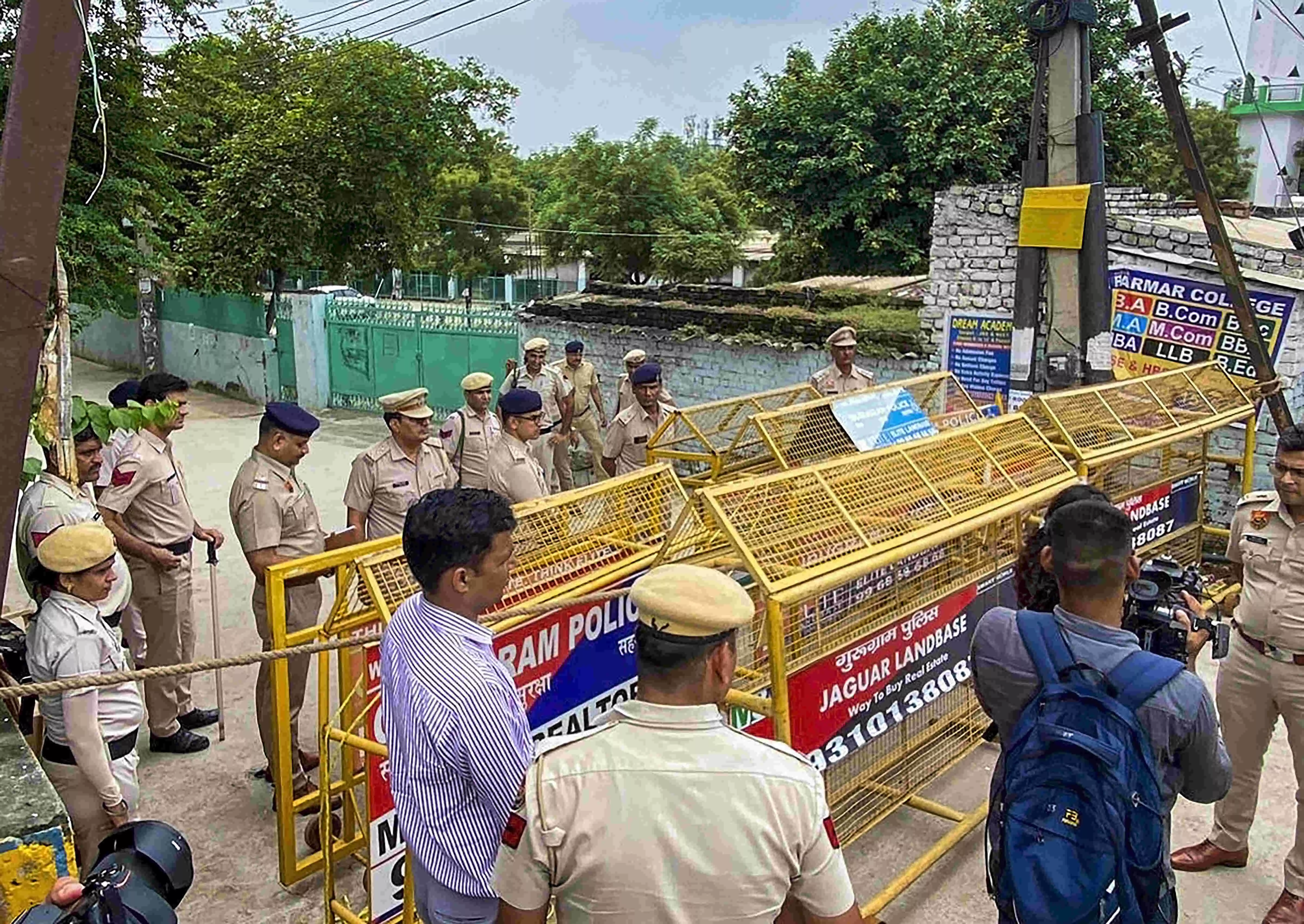Hate Week
Communal tensions and incidents of violence run high in the country, predictably as General Elections draw near

I have developed a newfound love for audiobooks. No more reminiscing of yesteryear’s pace of rifling through book after book at breakneck speed. With my current embarrassingly weak concentration levels and ‘multi-tasking always’ avatar, audiobooks are my new best friends. I have (proud to say this) finished 3 books including a Haruki Murakami in the last 2 months — a recent personal best. Serendipitously, I found myself levitating, as if pulled by an invisible force, to re-read or rather freshly listen to George Orwell’s ‘Nineteen Eighty-Four’ (1984). And what a genius the Motihari-born English novelist was! To think that the dystopian society that he wrote about in 1949 would hold true today is an underrated appreciation of the writer’s brilliance or foresight or both. Sometimes I wonder if the older works of literature like Orwell’s were a prophecy on the emerging world order or do despots around the world pick up pointers for their playbooks from social science fiction?
In the novel, the protagonist speaks about ‘Hate Week’ and the meticulous preparation that precedes it. The goal of ‘Hate Week’ is to arouse the population’s disdain towards whoever is the current enemy of the dictatorial party in power. More than half a century later, hate rather than love has been the deciding factor in political equations. In India, this especially holds true when we approach major electoral events. As if on cue, small and large communal skirmishes have broken out in the country. Manipur was already burning, and now come the instances of communal violence in Haryana.
On July 31, violence broke out during processions held by Vishwa Hindu Parishad (VHP) and Bajrang Dal in Nuh (Mewat) district of Haryana. By evening, the clashes spread to Gurugram and Sohna. Five people died, several were injured, and a listicle of damage and destruction followed. The precursor, trigger, and culprit in all this were toolkits of hate propelled by technology. As soon as a video from an infamous cow vigilante (Monu Manesar) urging followers to join the rally went viral, counter videos from Muslim youth demanding his arrest and calls for protests also did the rounds. The procession of the Hindutva fringe groups carried lathis and swords, a clear sign of provocation in an already communally tense area where only recently the charred remains of two Muslim youth had been found. Manesar’s gang has been accused of this killing as well as of a few other murders of members from the minority community in the region. They have also been flaring tensions by circulating torture videos.
Adding to the hate factory mix are videos from many other divisive individuals, some from political leaders, while some even call themselves ‘journalists’. The recent shooting by a Railways Protection Force (RPF) jawan, Chetan Singh, of his colleague (ASI Tikaram Meena) and three Muslim passengers (Abdul Kadir, Asgar Kai and Syed Saiffudin) travelling in the Mumbai-Jaipur Superfast Express is yet another testament of the machinations of hate. Apparently, Singh, annoyed with his senior and fuelled by feelings of hate, mercilessly shot people down and then delivered a political anti-Muslim rant. All so similar to the constant hateful spiels meted out as part of daily routine in Orwell’s 1984.
It’s surreal to be discussing this even as we gear up to celebrate the 76th year of our Independence. But with Lok Sabha elections around the corner, we can sadly expect more such incidents to tumble out. Polarisation is still one of the dirtiest yet effective tricks in the armory of politicians. Common people must not fall into this trap; we must ask the right questions, fear the real evils, and vote only on issues that matter —- development, job creation, price rise, and communal harmony.
The author is a writer and media entrepreneur. Views expressed are personal



